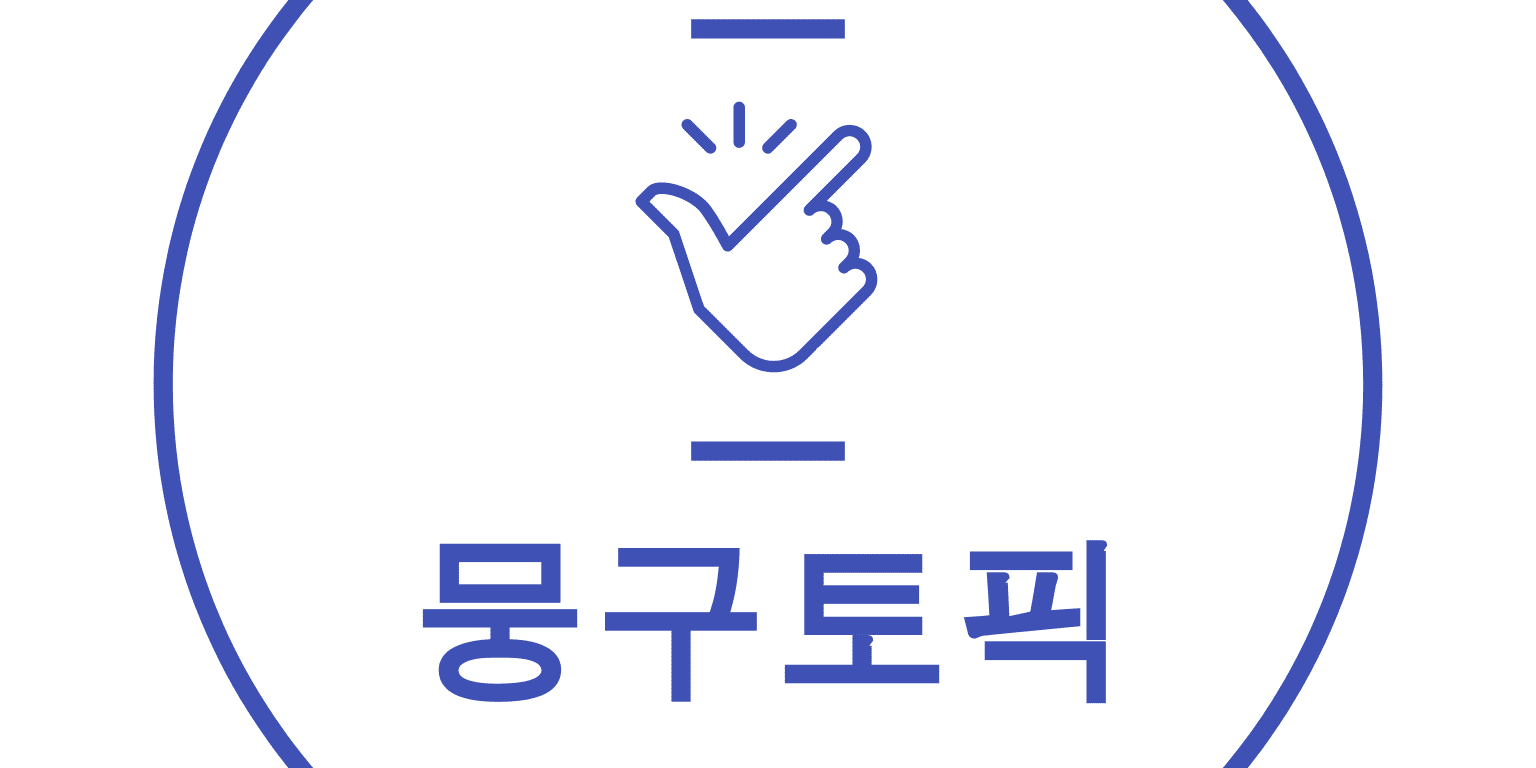
When you don't get enough sleep, your body can experience a number of changes. For starters, it can lower your immunity, making you more susceptible to infectious diseases. Sleep is when your body maintains and repairs your immune system, so not getting enough sleep can weaken your immune system and make you less resistant to infection.
It can also increase your risk for cardiovascular disease. If you're sleep deprived, you may be at increased risk of developing cardiovascular disease, including high blood pressure, heart disease, and stroke. Getting enough sleep helps maintain normal blood pressure and stabilizes the cardiovascular system.

Lack of sleep can also negatively impact your metabolism and weight management. Sleep deprivation can lead to unbalanced secretion of the appetite-regulating hormones leptin and ghrelin, which can lead to increased appetite, increased portion sizes, and difficulty managing weight.
It can also contribute to mental health issues. Sleep deprivation has been linked to depression, anxiety, and increased stress. Not getting enough sleep can reduce your mental stability and ability to regulate your emotions, which can lead to mental health issues.
Finally, sleep deprivation also affects cognitive function. Cognitive functions such as concentration, memory, and learning ability are closely linked to getting enough sleep. Sleep deprivation can impair these cognitive functions and lead to difficulties with schoolwork or work performance.
There are several steps you can take to prevent the health risks of sleep deprivation mentioned above.

First, it's important to maintain a regular sleep pattern. Make it a habit to go to sleep and wake up at the same time every day.
Second, you should optimize your sleep environment: make your bedroom a comfortable, quiet space, and avoid dim lighting and loud noises. It's also a good idea to stop using screens, such as smartphones and televisions, at least an hour before bedtime, as bright light can interfere with falling asleep.
Third, you need to manage your stress well. Stress is one of the main factors that interfere with sleep. It's important to effectively manage stress in your daily life and find activities to relieve stress before sleeping.
Finally, you should maintain a healthy lifestyle: eat a balanced diet, be physically active, and refrain from alcohol and tobacco use.
We've summarized what happens to your body when you're sleep deprived and what you can do to prevent it. Getting enough sleep is important for your health and well-being, so make sure you're doing it.
'Information > 생활정보' 카테고리의 다른 글
| El Niño La Niña: How the El Niño and La Niña phenomena affect weather (0) | 2023.05.24 |
|---|---|
| 엘리뇨 라니냐? 엘리뇨와 라니냐 현상이 날씨에 미치는 영향 (0) | 2023.05.24 |
| 불면증,잠이 부족할 땐 어떨까? 수면 부족이 초래하는 건강 위험요소들 (0) | 2023.05.23 |
| 싱크대 욕실 샤워기 세탁기 수압이 약해요! 싱크대만 수압이 약해요! 시원하게 수압 조절하는 방법 (2) | 2022.07.10 |
| 유튜브 음원추출 및 영상 다운 1분 만에 하는 방법 (3) | 2022.01.20 |





댓글